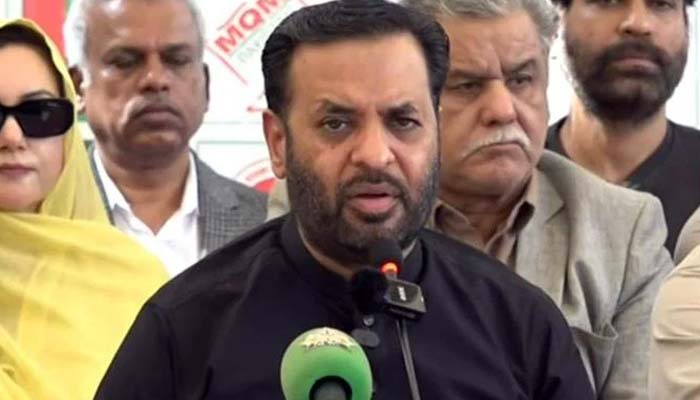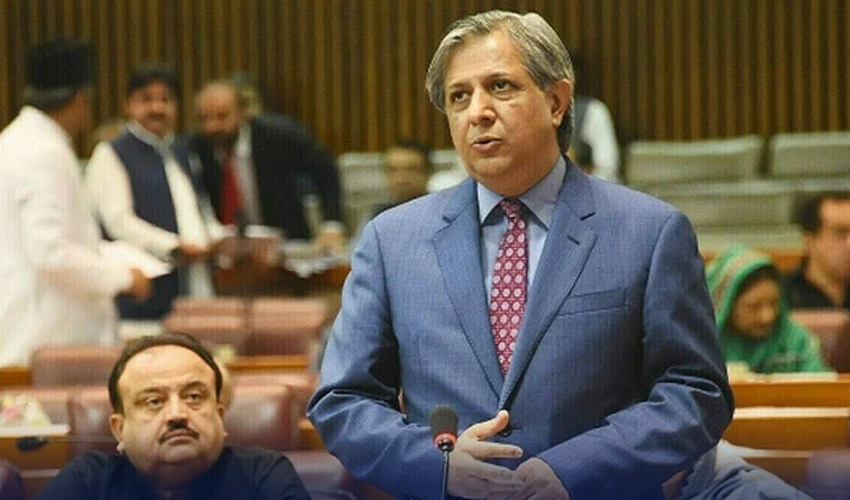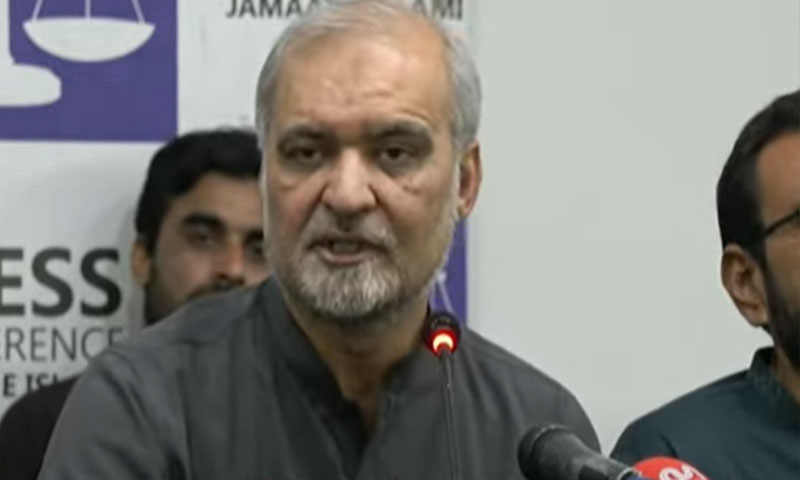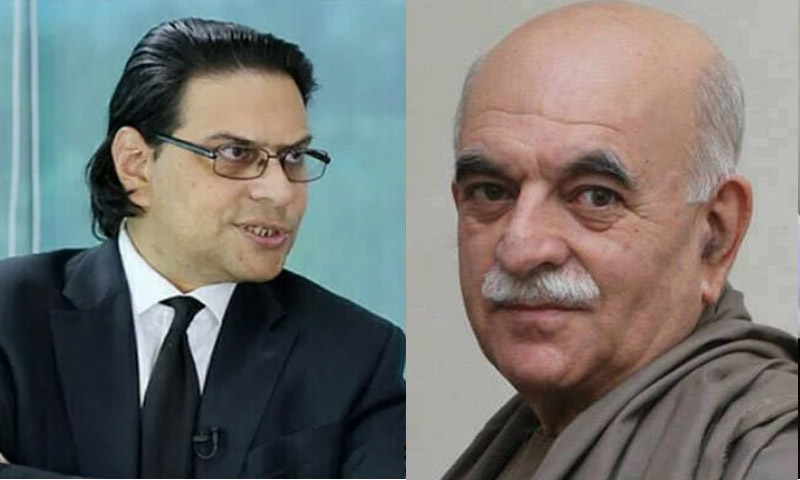POLITICS & POLICY MAKING
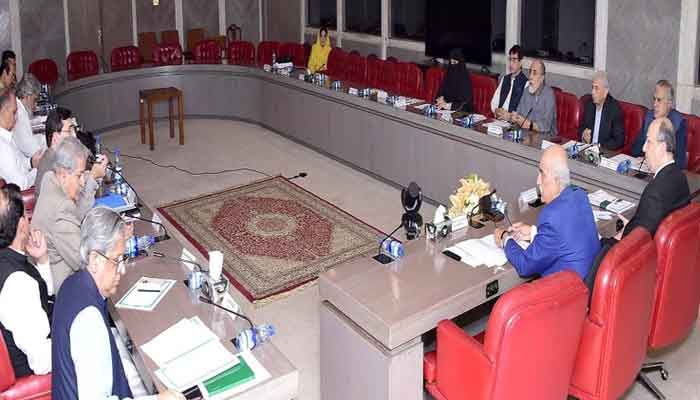
The ruling coalition of Pakistan remains at an impasse regarding proposed constitutional amendments as the Jamiat Ulema-e-Islam (JUI) refuses to cooperate on key points, particularly regarding the formation of a Constitutional Court. The deadlock was evident during a recent meeting of the parliamentary special committee formed to build consensus on the draft amendments.
The meeting, chaired by seasoned politician Khurshid Shah, was attended by representatives from both government and opposition parties. However, disagreements surfaced as JUI presented its own draft, rejecting the government’s proposal for a Constitutional Court. Instead, JUI suggested that a bench should handle constitutional cases.
Senator Kamran Murtaza, representing JUI, pointed out that the primary difference between their draft and the Pakistan People’s Party (PPP) draft was the formation of a constitutional court. “We don’t need a large setup for less than 200 constitutional cases,” Murtaza argued, adding that the focus should be on efficiency rather than expanding judicial infrastructure.
The government’s original draft included 56 points, while JUI submitted a counter-draft containing 24 points. Despite the differences, efforts were made to reconcile the varying positions. PPP leader Sherry Rehman emphasized that while no constitutional amendment could be perfect, the objective was to bring more transparency and reach a consensus.
Government sources confirmed that consultations are ongoing to address JUI’s concerns. Maulana Fazlur Rehman, JUI’s leader, joined the meeting via video link, while PTI representatives, including Asad Qaiser and Barrister Ali Zafar, also participated remotely, presenting their own suggestions.
During the meeting, opposition leader Umar Ayub raised concerns over the arrests of PTI workers, to which Law Minister Nazir Tarar responded, "This matter can be discussed later, for now, let's focus on constitutional amendments."
In an attempt to streamline the process, a sub-committee was formed to consider various drafts related to constitutional amendments. This sub-committee will compile proposals from all parties and report back to the larger parliamentary committee. The next meeting of the special committee is scheduled for October 17, where parties hope to move closer to consensus.
As the deadlock continues, political observers believe that resolving differences over the Constitutional Court will be key to moving forward with the broader constitutional reform agenda.
